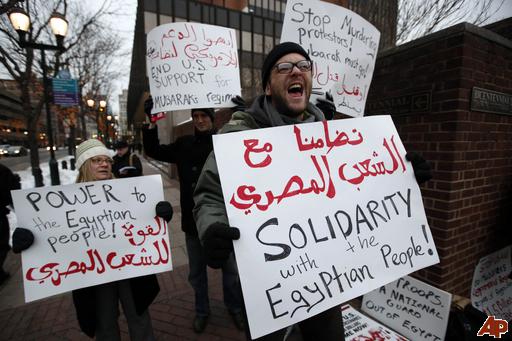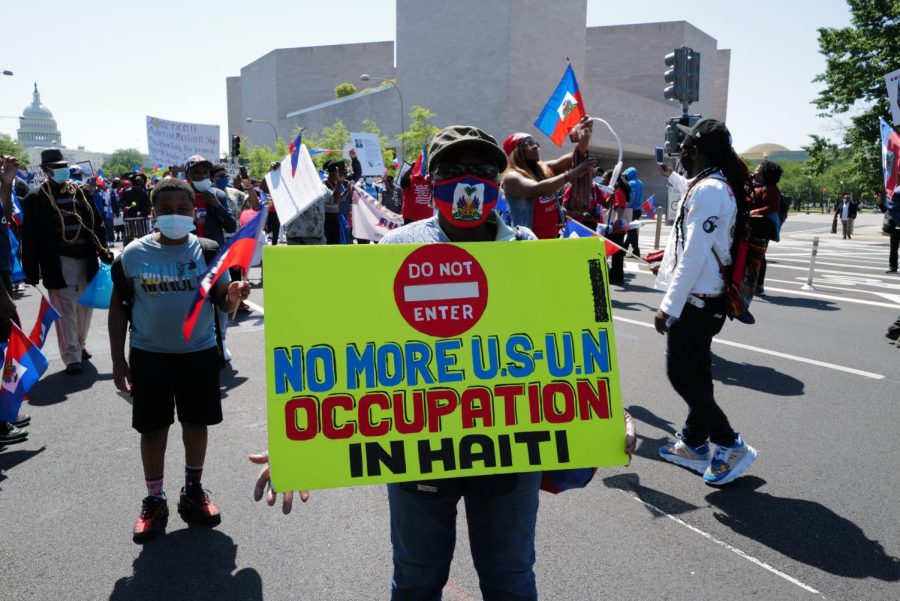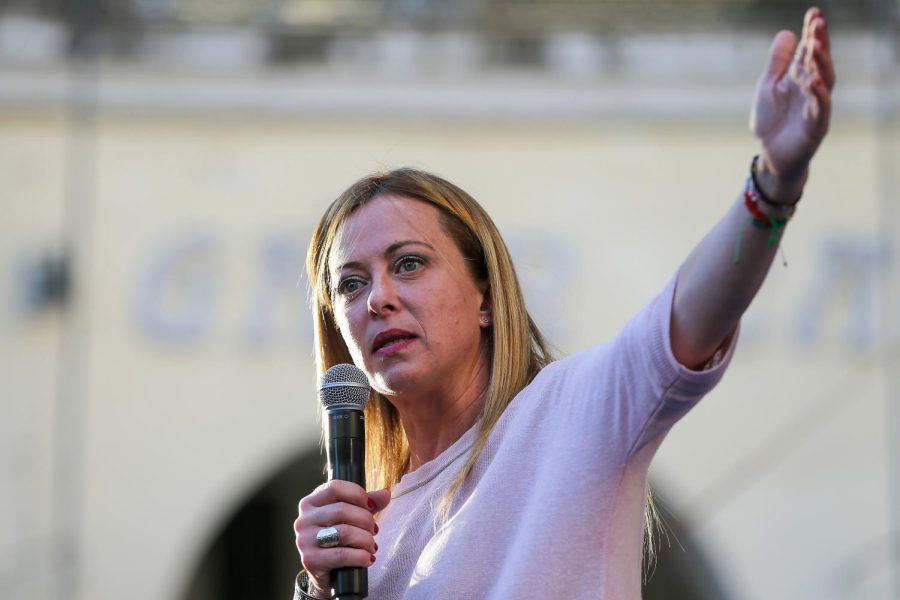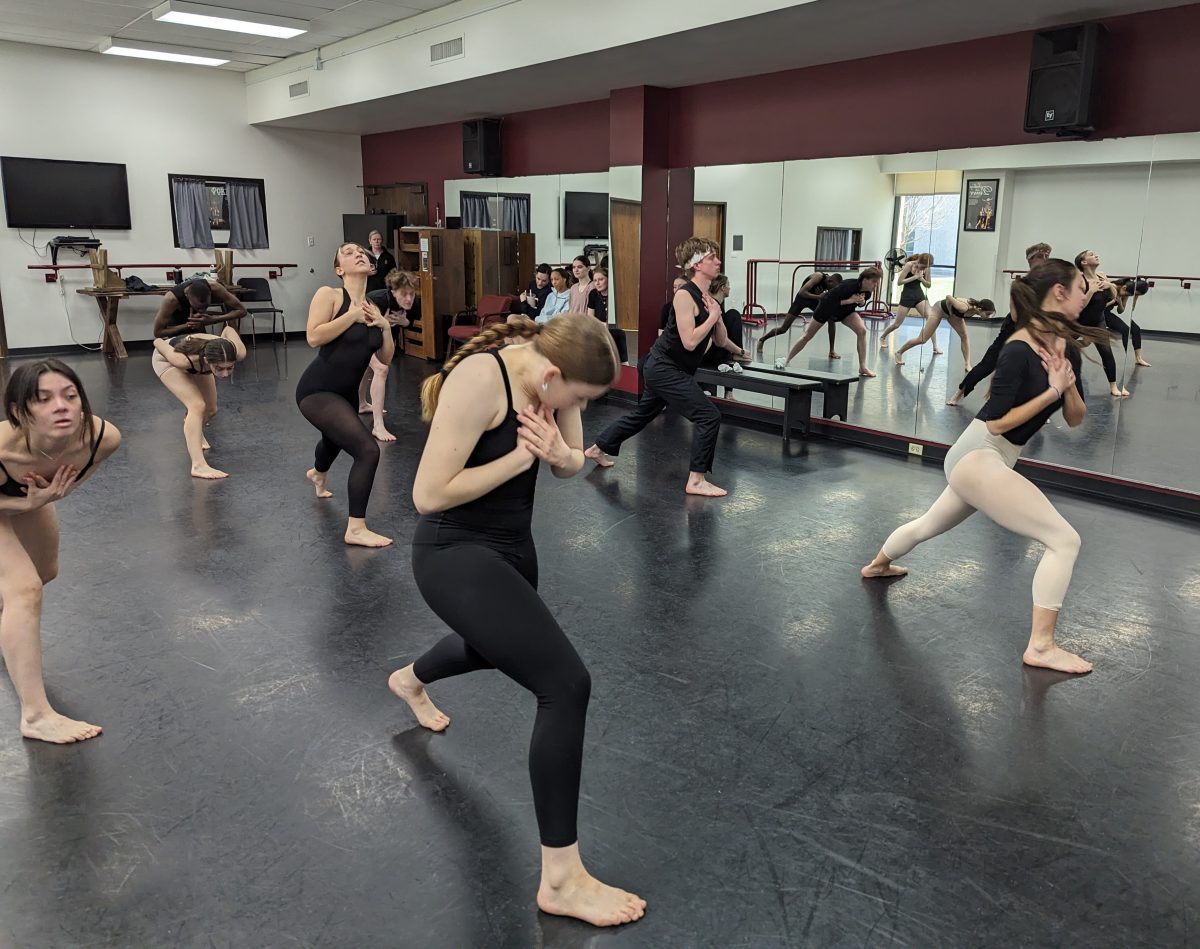
Since Egyptian protests began on Jan. 25 against the 30-year presidency of Hosni Mubarak , concerns have been raised about political and economic implications of the conflict.
Egypt controls a major port that could lead to an increase in oil prices world wide.
“The one thing to remember about Egypt is that the Suez Canal flows through Egypt,” Dr. David Rausch, professor of political science at WTAMU, said. “It makes shipping a lot easier and consider most of what gets shipped through there is oil and oil products.”
Dr. Syed Anwar, professor of marketing and international business, said that the Suez Canal is the third largest industry in Egypt.
“Six to seven percent of the global traffic going to ships goes to Egypt,” he said.
Rausch said that if the problems in Egypt do not end, oil prices are going to rise.
“It is hard to get the oil from Europe to here because if we lose the Suez Canal or the Suez Canal is closed for whatever reason, it is going to make the shipping more expensive,” he said.
Another industry that Anwar and Rausch said will be affected is tourism, which is Egypt´s largest industry.
“Over 12 million people visit Egypt every year from other countries,” Anwar said.
However, Anwar said that the biggest concern that Egypt faces right now is the violation of human rights.
“We saw more than 20 people, Westerners and Egyptians, blindfolded and handcuffed,” Souad Mekhemmet and Nicholas Kulish, two detained journalists from the New York Times, said Feb. 4 in an article published online.
“Mubarak is a perfect example of a dictator,” Anwar said. “Few people are controlling the country and there have been huge human right violations in Egypt for the last 20 years.”
He also said that human rights violations have existed in Egypt for a long time, but it’s more evident now that Egypt has become world news.
“Everybody knew Egypt was a dictatorship, but we looked the other way,” Anwar said. “Then suddenly we started to see things because now it´s on the radar screen.”
He said that problems will get worse if Mubarak does not step down and that he believes the United States will eventually have to intervene.
“The U.S. is trying to make sure that nothing goes wrong and the transition takes place in a smoother way, but it´s not easy,” Anwar said. “Transition for other people is that Mubarak stays in power for another eight months.”
“But transition for people on the street is ‘get out within 2-3 days, we don´t want you’,” he said.
The question of Mubarak’s successor is another hot issue.
“The challenge is if Mubarak goes away, who replaces him?” Dr. Rausch asked. “Right now Egypt allows for some freedom of religion, [but] will they lean into becoming more Iran-like?”
He said that there is a connection between religion and government and that the Muslim Brotherhood, Egypt´s oldest and largest Islamic organization, is also trying to get power.
“There is a group called the Muslim Brotherhood”, he said. “They are trying to become more main stream, but will they take over Egypt and make it into a more Muslim state?”
Even though Mubarak is trying to hold on to power, Anwar believes that he will eventually have to step down due to unrest.
“The problem is that it´s easy to get rid of dictators, but it is very difficult to go through what we call ‘the day after’” he said. “The day after is ‘so what are you going to do?’ because there is no democratic institutions in Egypt.”













